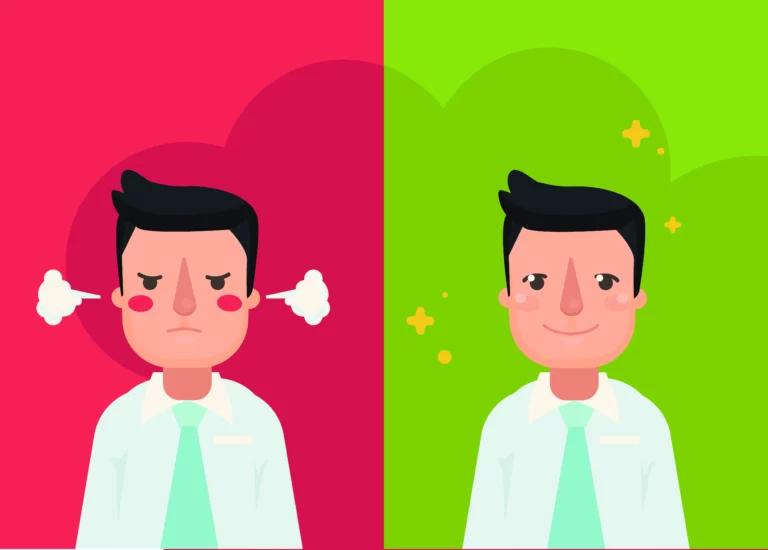Top 5 Reasons Why People Decide Not to go to Rehab
There are many reasons why people decide not to go to rehab. Too often the decision to avoid rehab is made for problematic reasons. In some instances, individuals are under a false assumption that they will not be able to afford rehab. Rehab facilities like Oasis Recovery in North Carolina work with clients to ensure that treatment is affordable and effective. We do our best to help clients budget and create a payment plan that suits their personal circumstances.
Sometimes people simply are not ready to make changes to improve their lives. In these instances, it may be necessary for loved ones, friends, and colleagues to stage an intervention and insist that a person seek treatment for both their well-being as well as those in their life who depend on them. Early intervention is best but it’s important to remember that recovery is always possible. Reach out to Oasis Recovery today to speak with a specialist about rehab options that suit your particular needs.
Top 5 Reasons Why People Decide Not to go to Rehab
1. Fear of Withdrawal Symptoms
Those who have developed an addiction or substance abuse disorder often live in fear of unpleasant or painful withdrawal symptoms. While it’s true that it’s no fun to go through withdrawal, a person’s overall physical and mental health will improve along with their overall sense of well-being.
Detox under the supervision of trained medical professionals and emergency services are available in case any physical or mental health issues arise during the detox process. Detox professionals take your safety and security seriously and make these their top priority.
It’s important to keep in mind that after undergoing detox you will be able to begin the healing process. Once you make it through this difficult and important step in the recovery process, you are ready to begin making positive changes towards a life of lasting sobriety.
2. Denial
In some instances, a person with a substance abuse disorder refuses to accept that they have a problem.
The insistence that there is not a problem can come in tandem with a projection of the issues onto others. A friend or loved one may be blamed for negative feelings or behaviors as a form of deflection and avoidance.
Blaming others never solves the core issues. It’s important that a person with an addiction learns to accept their situation and own their own emotions, problematic behaviors, and comprehend the importance of making changes in order to move forward and create a better life for themselves and those around them.
3. Fear of Failure
Especially if someone has relapsed before, they are likely to have strong feelings of embarrassment and shame. It’s often said that people are supportive the first time a person enters rehab and goes through the process of recovery, however, if they relapse again people are not as supportive and, sadly, they may be abandoned by friends and loved ones.
It’s important to reassure the person you care about who needs help that you will be there for them no matter what. Bearing this in mind, it is important to set personal boundaries in order to protect yourself and others who may be at risk as a result of the negative behaviors associated with addiction. A therapist or counselor can help assist those working with someone who is battling addiction learn how to navigate this tricky territory.

4. Inability to envision a better future
If someone has been struggling with addiction for a long time, they may have a difficult time seeing a future in which they are living a sober life that is happy, positive, or meaningful.
It’s easy to believe that you’ve gone too far down the rabbit hole of addiction to find a way out. The truth is that it’s always possible to find lasting recovery.
A person who has dealt with certain life issues may have an especially difficult time foreseeing a better tomorrow. Some examples include those who have experienced:
- Domestic abuse
- Traumatic life events
- Relationship issues
- Childhood abuse
- Neglect
- Long-term unemployment
A person who has experienced abuse and/or trauma may have a difficult time imagining future situations in which they do not repeat the same behaviors. It’s challenging to break habits and routines but it remains possible. There are infinite possible futures for joy and love and sources of well-being for those who are able to kick their habit and find a path forward.
5. Hard Conversations
In some instances, having to deal with the damage that has been done to relationships can be a deterrent to seeking help. It can feel embarrassing and shameful to admit that addiction has caused a person to make poor life choices and hurt people that they love and care about. At the end of the day, the choice to seek recovery is first and foremost for yourself. Once a person has made the choice to break the cycle of abuse and begin recovery, then they can start to consider how to mend damaged relationships and rebuild their life. There are tons of resources available to help those who want to help themselves. The choice to get better can begin today.
Contact Oasis Recovery to Begin Rehab Today
There’s no time like the present to get started. Today is just as good a day as any other day to break the cycle of addiction. Too often, someone with a substance abuse disorder will make excuses. There’s never the perfect time to begin so it’s best to give yourself that nudge to make a big leap towards recovery. Know that the professionals at Oasis Recovery in North Carolina are ready to help you get your life back on track. Contact us today to speak with a specialist about the benefits of our personalized programs and treatments designed to meet your personal needs.











